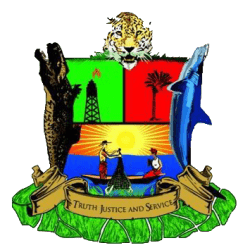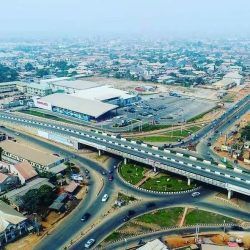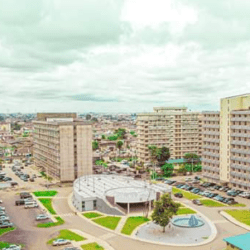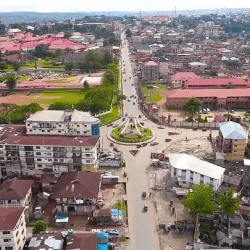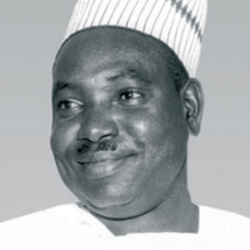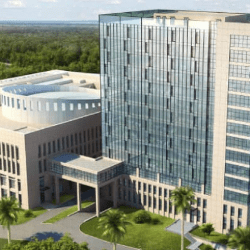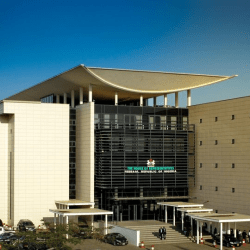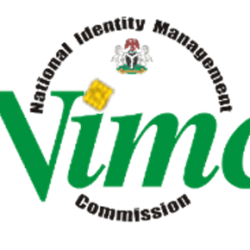The federal legislature in Nigeria, the National Assembly, is made up of two houses, namely:
- The Senate
- The House of Representatives
The Senate and House of Representatives sit in separate chambers.

Members of both houses are elected for a term of four years. A joint Session of the two houses is called the National Assembly. they are free to re-contest election at the subsequent polls.

The National Assembly makes laws for the federation on matters on the exclusive and concurrent list. it is vested with the power to amend the constitution of the Federal Republic. The process of making a law begins with presentation of a bill , most of the time at the house of Representatives. The bill could be sponsored by the executive, the legislature or general populace or private organisations. it then goes through the a first, second and third or final reading and a concurrence of the two houses before it is sent to the president for assent for it to become law.
Senate
The Nigerian senate is made up of 109 members who represent 109 senatorial districts across the country . Each State is represented by three members while one represents the federal capital Territory. It is headed by a Senate President who is assisted by a deputy. The senate president is the third hierarchy after the President and the Vice President. At joint sessions of the two houses of the legislature, the Senate President presides. The Administration of the Senate is headed by the Clerk who is a civil servant.
House of Representatives
Members, House of Representatives Federal Republic of Nigeria
The House is made up of 360 members elected from 360 Federal Constituencies Nationwide. It is headed by the Speaker of the House who is fourth in the hierarchical order of the Federal System of Governor. As in the Senate, he has a deputy and a Clerk of the House.
More on Nigeria
Nigeria is a country in Africa, a regional power on the continent and an emerging power on the international scene.

It has 36 states and a Federal Capital Territory, Abuja.
Having being divided into states, the country is further divided into 774 Local Government Areas (LGAs).
The LGAs are under the control of their respective states.
The country has the largest economy in Africa.
Nigeria’s population is over 230 million, making it number 1 most populated country in Africa, and number 6 in the world.

It covers an area of 923,769 square kilometres (356,669 sq mi).
It is situated between the Sahel to the north and the Gulf of Guinea to the south in the Atlantic Ocean.

Nigeria borders Niger in the north, Chad in the northeast, Cameroon in the east, and Benin in the west.
It is often referred to as the Giant of Africa owing to its large population and economy and is considered to be an emerging market by the World Bank.
However, the country ranks very low in the Human Development Index and remains one of the most corrupt nations in the world.

The largest city in Nigeria is Lagos, one of the largest metropolitan areas in the world and the largest in Africa.

Nigeria is a multinational state inhabited by more than 250 ethnic groups speaking 500 distinct languages, all identifying with a wide variety of cultures.

The official language is English, chosen to facilitate linguistic unity at the national level.
Nigeria is a founding member of AU (African Union) and a member of other international organizations including UN (United Nations), Commonwealth of Nations and ECOWAS (Economic Community of West African States).


